Some Vegas Casino Operators Want Changes to Cannabis Laws
Some Las Vegas casino operators are calling for changes to Nevada's cannabis laws, arguing that greater integration of cannabis services with the tourism industry could benefit both sectors. Seth Schorr, CEO of Fifth Street Gaming, recently stated that permitting cannabis lounges within casinos and allowing legal deliveries to hotels could help revitalize Las Vegas tourism, which has seen declining visitation in recent years.
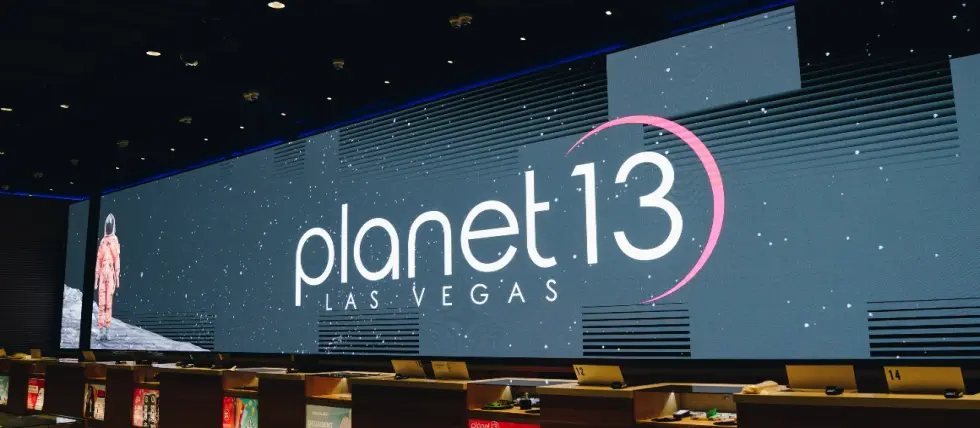
Schorr made these remarks during a panel discussion hosted by the Cannabis Policy Institute and the International Gaming Institute at the University of Nevada Las Vegas. Joining him were cannabis industry operator David Goldwater and Terry Johnson, a former member of the Nevada Gaming Control Board and current law professor at UNLV. The discussion centered on the evolution of cannabis regulation since recreational use was legalized in Nevada a decade ago and whether the state should now consider loosening restrictions involving the gaming sector.
Related: Sports-Entertainment, Cannabis Lounges Highlight Las Vegas DiversificationDuring the discussion, Schorr argued that while regulators took a cautious approach to cannabis in the past due to its federal classification as a Schedule I drug, the current economic landscape and growing national acceptance warrant a fresh look at the issue. He pointed to increased competition from other jurisdictions and the emergence of online gaming as factors pushing Las Vegas to reconsider its stance. Schorr emphasized that new tools are needed to attract visitors, and cannabis-related experiences could be one such tool.
Currently, Nevada law enforces a 1,500-foot buffer between cannabis businesses and casinos, and Clark County prohibits cannabis deliveries to the Strip. A proposed bill in the Nevada Legislature aimed at permitting deliveries to non-gaming properties in the Strip corridor was ultimately shelved due to concerns among casinos about potential conflicts with federal banking regulations.
Schorr stated that many visitors to Las Vegas are interested in using cannabis while on vacation, and the city should explore serving that demographic. He said the market potential exists but will remain unknown unless the industry is allowed to try.
Schorr also noted that not every property would adopt cannabis lounges, but creative operators could pioneer the concept. He cited entrepreneurs like Derek Stevens, who could potentially develop premier cannabis lounge experiences, as examples of the kind of innovation needed.
More Business News
Increased Access to Cannabis Boosts Tourism
Goldwater supported Schorr's viewpoint, explaining that granting legal cannabis operators access to tourists and the tourism corridor would improve competitiveness against the black market and boost tax revenues. He said dispensaries are eager to collaborate with casinos and operate with the same legitimacy as other local businesses. He noted that while Nevada is known for permitting activities like 24/7 gambling and legal prostitution, the state maintains a conservative stance on mixing certain vices, which complicates cannabis policy integration.
Johnson reflected on the decision made a decade ago to separate gaming and cannabis. At the time, regulators were concerned about triggering federal enforcement actions that could lead to the seizure of gaming assets or the prosecution of licensees. He defended the initial cautious approach as necessary to protect the gaming industry's stability and reputation, even if it now appears overly conservative to some stakeholders.
Schorr expressed that the cannabis industry has matured considerably and that involvement from licensed gaming operators could further expand and legitimize the sector. He believes the tourism experience in Las Vegas could be enhanced through cannabis, and that the full potential of cannabis tourism remains untapped.
Goldwater acknowledged that excluding the gaming industry initially allowed smaller entrepreneurs to enter the cannabis market. However, he described the current limitations on deliveries and lounge access for tourists as frustrating, noting that it often pushes visitors toward unregulated black market options. He emphasized that legal delivery services and on-property cannabis lounges could increase legal sales and generate higher tax revenues for the state.
He also called attention to the complexity of cannabis regulation and urged policymakers to begin preparing for the possibility of federal reclassification, which would remove many of the legal obstacles currently deterring deeper integration between cannabis and the casino industry.
RELATED TOPICS: Business
Most Read
Mississippi Committee Advances Bill to Criminalize Online Sweepstakes Casinos
Jan 29, 2026Giuseppe Iadisernia Wins Seminole Hard Rock Lucky Hearts Poker Open Championship
Jan 28, 2026Must Read
 Interviews
Interviews
Exclusive Interview: Levon Nikoghosyan Shares AffPapa Winning Formula for Successful iGaming Events
Dec 03, 2025 Interviews
Interviews


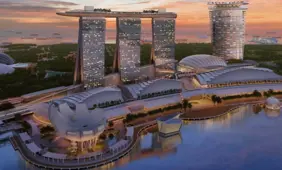
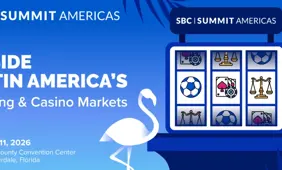
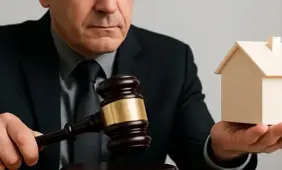


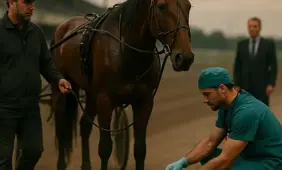
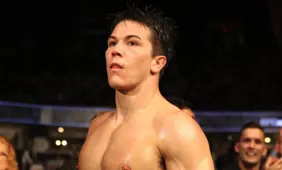
Review this New Post
Leave a Comment
User Comments
Comments for Some Vegas Casino Operators Want Changes to Cannabis Laws